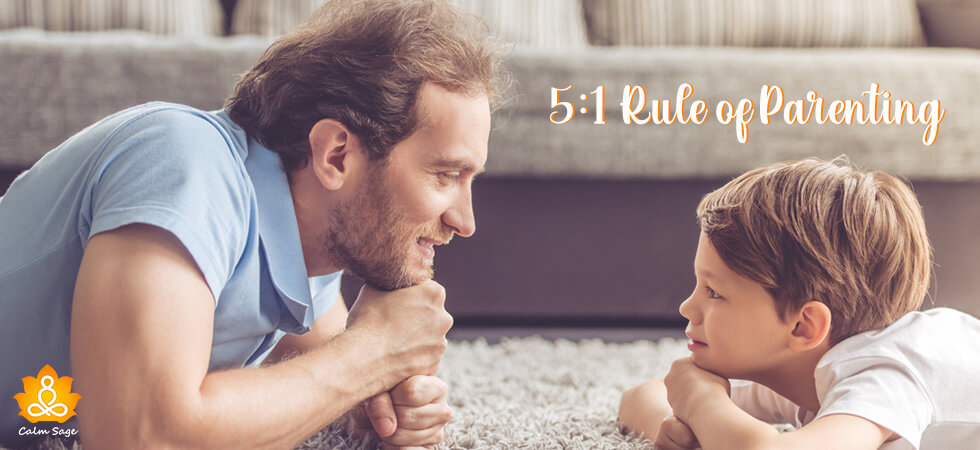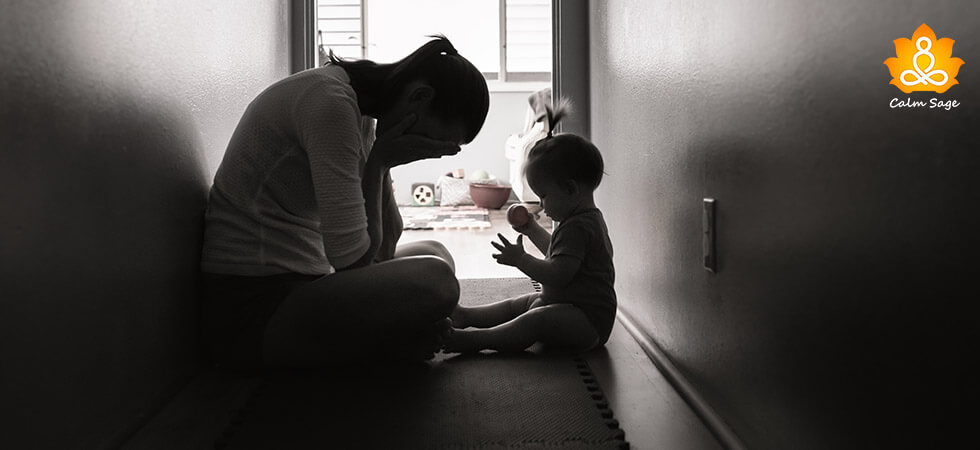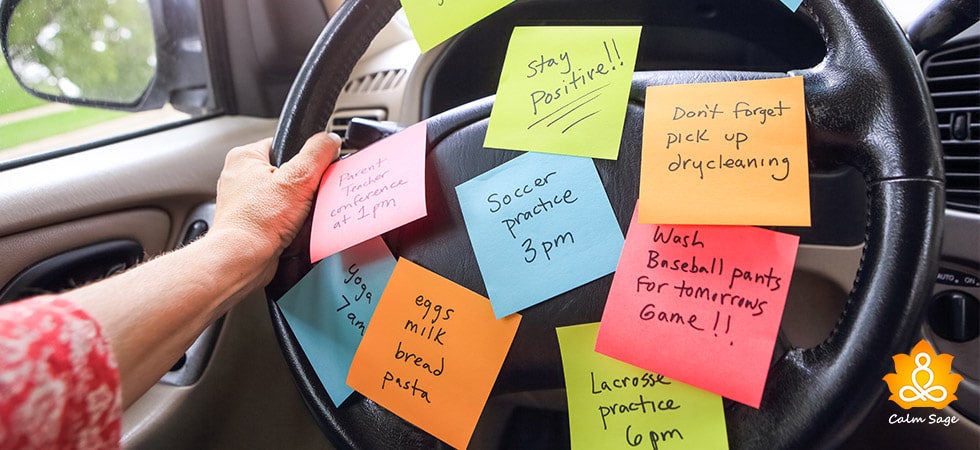How Dismissive Parenting Can Impact Your Adulthood (And How to Deal With It)

Growing up can be challenging for parents and children alike, but this welcome into adulthood gets harder when you grow up with a dismissive parent(s). It almost feels like dancing to a beat that is no longer there, and the steps are always out of tune. No one wants that. We want the perfect steps and the right music.
This is what feeling unloved and rejected by the people who are meant to love you unconditionally can feel like. If this pain is left unaddressed, then it can affect your adult life, relationships, and even how you view yourself.
However, healing isn’t that far-fetched of a concept. Healing from the pain of dismissive parenting might seem like a hike, but it’s not impossible. If you’ve had a dismissive parent growing up, then we’re here to help you with ways to deal with dismissive parenting.
What is Dismissive Parenting?
Dismissive parenting is like that backpack that is always empty of emotions. Dismissive parenting can be described as a set of behaviors that conveys rejection, disdain, and dismissive attitudes towards one’s child. It’s when a parent or a caregiver fails to show interest and their responsiveness to their child’s emotional needs.
Dismissive parenting examples can be;
You come from school with an interesting project, but your parent or caregiver barely looks at it and keeps doing what they have been doing. They fail to give your enthusiasm the respect and attention it needs. That’s dismissive parenting.
What Are The Signs of a Dismissive Parent?
Spotting a dismissive parent could be challenging if you’re not aware of the signs. They often downplay your accomplishments and brush off your concerns. Here are some common signs of a dismissive parent;
- They constantly criticize you and point out how inadequate you are
- They have unrealistic expectations even for the smallest things
- They blame you for anything negative that happens or for their poor behaviors
- They are emotionally unavailable and could even be physically absent or distracted when talking to you
- They might use manipulation to make you second-guess yourself. In a way they engage in gaslighting their children
- They often question your intentions
- They are unpredictable and their availability might oscillate between loving and caring to distant and critical
- They accuse you of things you did not do
- They make fun of your choices and decisions
- They can’t accept or express their emotions as they should
Dismissive Parenting Impacts On Your Adult Life
Growing up with a dismissive parent can be like living under a perpetually cloudy sky. Dismissive parenting can impact the way you view yourself and others. Because of this, you might grow up not trusting people around you, and find trouble expressing your emotions and creating deep bonds.
Of course, not everyone might have the same experience and impact of dismissive parenting. However, your primary bonds can almost always influence the way you form adult relationships and how you think of yourself.
Growing up with a dismissive parent can cause low self-esteem, self-doubt, paranoia, inability to make decisions, people-pleasing, codependency, self-blaming, insecurity, trust issues, unhealthy relationships, and more.
Psychologists believe that one of the impacts of dismissive parenting shows up in the way you form adult relationships. As an adult, you may find that your relationships are distant and there’s an underlying fear of getting closer to your partner.
You might find it hard to create deep and intimate connections with your partner as this kind of intimacy needs vulnerability, which children of dismissive parents view as dangerous.
In relationships, the effects of dismissive parenting can manifest as neediness, passive-aggressiveness, avoidance, depression, and withholding.
If we talk about the effects of dismissive parenting on your thinking patterns and self-image, then it can manifest as self-blaming and feelings of inadequacy. You might even face trouble with trusting yourself, believing in reality, and making decisions on your own.
Because dismissive parents are unavailable to soothe their child’s worries and emotions, you may find it hard to regulate your emotions and even manage stress.
Moreover, if a dismissive parent continuously tells you that “You are an embarrassment” or something similar, then you may grow up thinking that you can’t do anything right or can’t achieve your goals because you’re incapable of it.
However, in some cases, the opposite can happen. Dismissive parents can cause a child to think that they are high-achievers. These children become overly self-reliant and might think that their partners and others around them are unreliable.
How to Deal With Dismissive Parenting?
Healing is a slow process; it takes time and lots of patience. You can start small but know that things can change, even if it’s taking time now. Here are some tips to help you deal with dismissive parenting and its effects;
1. Acknowledge the signs
The first thing you can do to deal with dismissive parenting and its effects is to identify and acknowledge the signs. Accept the impact dismissive parenting has had on your emotions and relationships. You can also take some time to understand your parents’ behaviors without self-blaming.
2. Set boundaries
Next, you need to be firm and set boundaries with your parents. Communicate your emotional needs with them and set clear boundaries with your parents. Be strong and ask clearly what you need when it comes to emotional support and connection.
3. Learn to express yourself
Slowly, you can learn to open yourself to your emotions and learn to express them. Start with open communication, expressing your feelings and thoughts calmly. You can also speak to your parents directly and share the impact of their dismissive attitude on your overall well-being.
4. Seek professional support
If you’re finding it difficult to speak your mind or even understand it, then consider seeking professional support. You can talk to a therapist about individual therapy or family therapy to help you understand and address the issues. Therapists are good resources who can offer you the tools and strategies to cope with dismissive parenting.
5. Find supportive relationships
Try to surround yourself with people – friends, family members, mentors – who are encouraging and offer positive support. These relationships can help you nurture your emotional needs and give you the support and shoulder to lean on that you couldn’t find from your parents growing up.
6. Be kind to yourself
Please be kind to yourself. Your emotions; no matter how turbulent they might be are valid and deserve attention. If you find yourself thinking negatively about yourself or catch yourself with negative self-talk, then try to ignore that voice. Learn self-compassion and choose to be kind to yourself as you would be to a friend in need.
7. Embrace healing
Healing is not linear and takes time, so instead of rushing it, embrace the slow process. Even if you make a small progress, celebrate it. No matter how small; progress is progress, right? Acknowledge that you’re trying every day to improve your emotional health, and it’s working. Self-affirmation can work wonders for your healing!
Wrapping Up…
Growing up with or living with a dismissive parent can be a stormy experience, but remember, after every cloudy day, the sun comes out. Dismissive parenting can affect your adult life; relationships, self-image, thoughts, emotional self-regulation, and more, but with the help of a professional and the aforementioned ways to deal with dismissive parents, you can heal.
We all deserve a little piece of warmth, connection, and love; child or adult. So, don’t mind the storm; wear that raincoat, don those boots, and go on a journey to heal from dismissive parenting.
I hope the ways to deal with dismissive parenting mentioned in this article helped. Let me know what you think about dismissive parenting and its effects on adulthood in the comments box below.
Take Care!




















